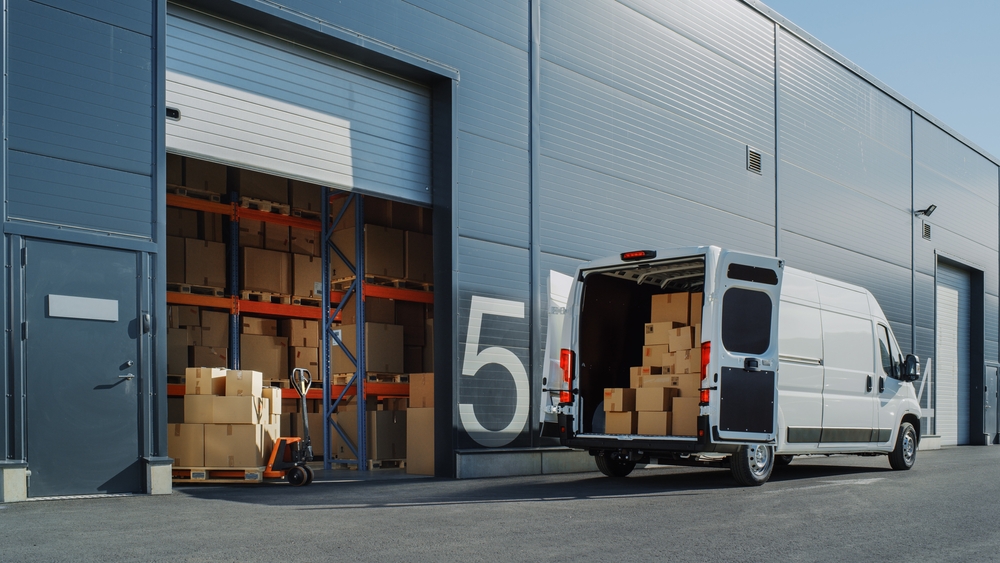The transportation industry has experienced a significant transformation due to artificial intelligence (AI). AI-driven technologies are expected to have a significant impact on how people and goods are moved in the future. Artificial Intelligence (AI) in transportation boosts productivity and creates opportunities for creative thinking by streamlining intricate procedures and automating repetitive jobs. The transportation industry is expected to benefit at least $3.5 billion from artificial intelligence (AI), with revenue generated by the technology expected to reach $13 trillion by 2023, according to the International Finance Corporation.
AI-Powered Technologies for Logistics and Transportation
It’s important to comprehend the technologies underlying this transformation before exploring the benefits of artificial intelligence in transportation. At the forefront, the Internet of Things (IoT), big data analytics, and machine learning are collaborating to improve many facets of the sector.

Logistics and Transportation with Machine Learning
Supply chain process optimization greatly benefits from machine learning, a type of data analysis that learns and adapts on its own. Machine learning increases productivity and helps with future opportunity decision-making by predicting outcomes accurately and removing human error.
Transportation Big Data Analytics
AI is used in big data analytics to process enormous amounts of package weight, destination, and size data. Businesses may create precise forecasts, anticipate market trends, and streamline decision-making procedures thanks to this technology. Using historical data to complete incomplete orders, expedite supply management, and enhance customer experiences is a prime example.
IoT in Shipping and Transportation
By connecting devices with sensors, the Internet of Things (IoT) enables them to gather and share data without the need for human intervention. IoT is widely used in transportation to track packages and vehicles, giving real-time information on direction, speed, and location while improving efficiency and security.
Benefits of AI for the Logistics and Transportation Sector
AI-driven algorithms for route optimization make sure that deliveries are made on time and within budget. These algorithms can find new, more efficient routes, saving fuel and operating costs, by analyzing large datasets.
Forecast-Based Fleet Upkeep
Proactive decision-making is made possible by predictive fleet maintenance, which uses historical data to forecast and prioritize maintenance needs. This guarantees the fleet’s longevity and cuts down on downtime.
Lowering of Operating Expenses
By automating tasks, minimizing the number of vehicles required, and optimizing routes, artificial intelligence in transportation reduces operational costs. Salary, maintenance, marketing, and production costs are reduced as a result.
Effective Space Utilization
AI technology analyzes enormous volumes of data to determine how to use space as efficiently as possible. This lowers the number of vehicles and overall costs by assisting in the forecasting of the best capacity utilization on routes.
Inventory Control
Automation powered by AI has revolutionized warehouse and inventory management. Artificial Intelligence reduces warehouse inventory levels by examining customer behavior, which lowers upkeep and leasing expenses.
Car Tracking
Real-time vehicle tracking is made possible by the integration of IoT technology and AI, offering data on direction, speed, and location. This improves delivery reliability and security.
Effects on Traffic Accidents and Safety
AI can improve road safety by addressing human error, which is a significant cause of collisions. Autonomous cars have the power to avert dangerous circumstances and preserve lives.
AI for Workforce Management improves workforce management overall by helping with hiring, onboarding, performance monitoring, and evaluation of employees.
Durability and Environmental friendliness
AI in transportation contributes to the development of creative, environmentally responsible solutions that lower fuel consumption and carbon emissions.
AI in Transportation Examples
Waymo
The self-driving car startup Waymo is a prime example of how artificial intelligence is changing the transportation sector. Transportation and logistics are about to undergo a revolution thanks to self-driving cars.
Integrated Roadways
Integrated Roadways developed a Smart Pavement system that uses IoT to give connected cars real-time information about traffic jams, accidents, and road conditions.
Transmetrics
Transmetrics is a transportation services provider that leverages predictive analytics and provides performance-based reporting to identify patterns and identify inefficiencies.
Hitachi
When it comes to using AI for predictive fleet maintenance, Hitachi is a pioneer. Hitachi gathers and evaluates data to offer fleet monitoring and guarantee asset health using IoT and AI.

Conclusion
We have only begun to explore the potential of AI and machine learning in the transportation sector. These technologies will become even more essential in the upcoming years as they automate processes, get rid of mistakes, and forecast trends. AI will play a major role in transportation in the future due to its effects on sustainability, efficiency, and safety. We can anticipate a revolutionary journey towards a more interconnected, effective, and sustainable transportation ecosystem as the industry adopts these innovations.

